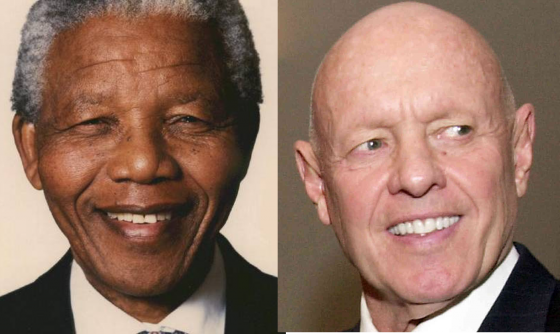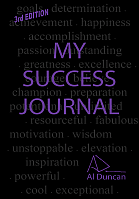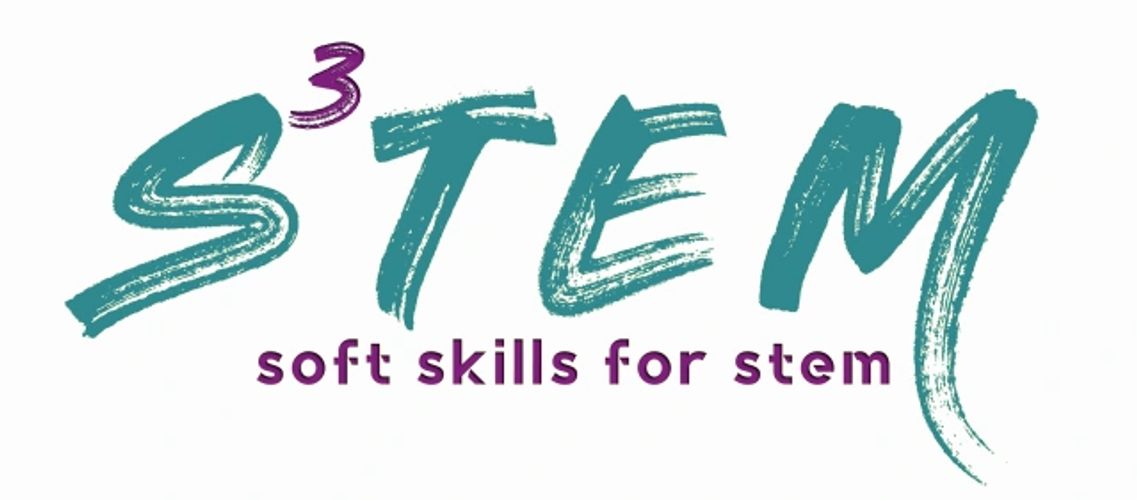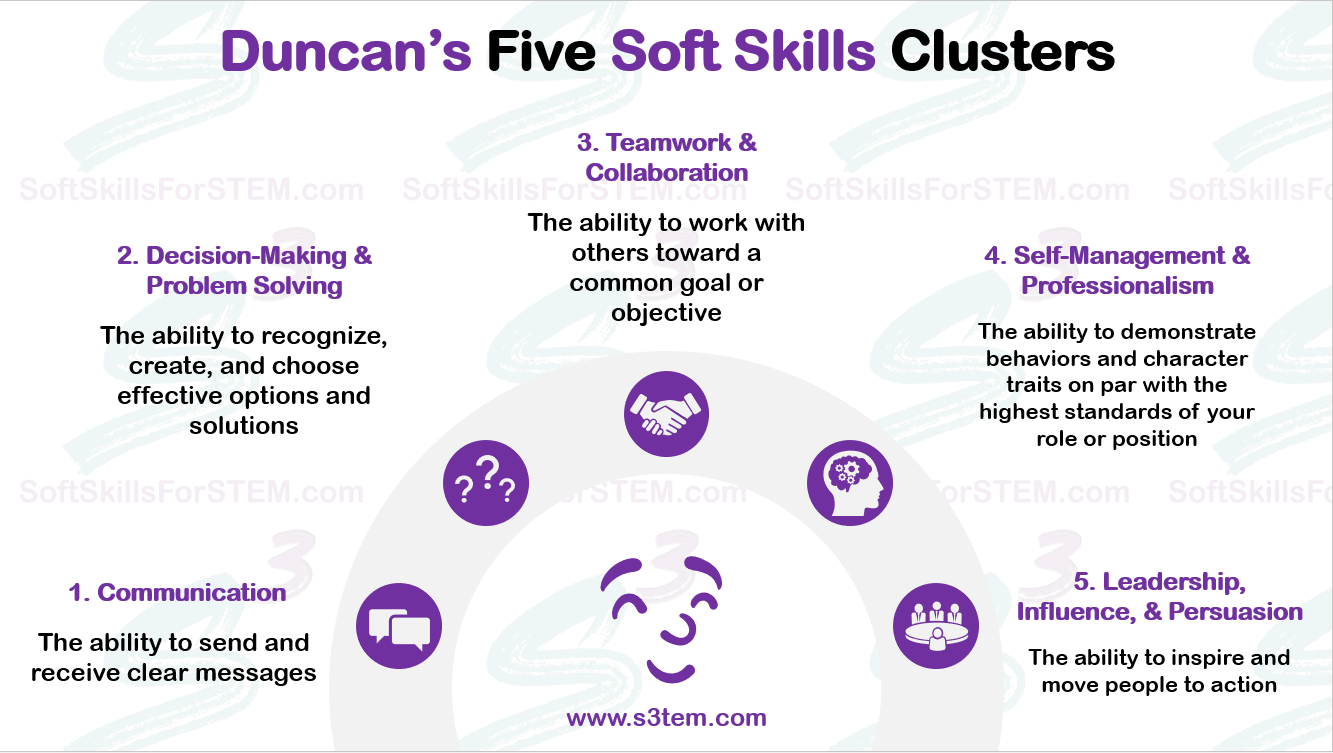[ACTIVITY] Q & A: The Benefits Of Individuality
What are the benefits of being an individual, as opposed to someone who just wants to be like everyone else? -Jennifer M., graduate student
NOTE: Be sure to check out the activity at the end of the article.
Asserting your individuality or promoting your personal brand will increase your sense of significance, as well as your perceived value in the marketplace, but asserting your individuality in the wrong way could be perceived as arrogance. Not good. There’s the short version of your answer. I could leave it at that but…that wouldn’t be much fun, would it?
- Topics: ActivitiesArticlesCharacter DevelopmentPersonal BrandingPersonal DevelopmentProfessionalQ&ASelf-Awareness & PurposeTeenYoung Adult
[PICTURE] Hating On Your Dreams?
Million-Dollar Question:
Why do people who are too weak to follow their own dreams always find a way to hate on yours?!
________________________
[VIDEO+ACTIVITY] Duncan Nugget® #84: Genuine Open-Mindedness
Is it just me or have you ever noticed that once somebody thinks something negative about a person or a group of people s/he can find all the evidence in the world to prove it, but none to refute it?
And once somebody thinks you can’t do or be something, s/he can find all the evidence in the world to prove that it’s impossible, but none to prove that it is possible.
Why?
Because genuine open-mindedness is a rare thing.
It’s common, however, for people to completely ignore (sometimes unintentionally) anything that challenges their beliefs. Even if it’s factual, people have a hard time dealing with information that contradicts what they think. Most people only seek information that validates what they want to think and believe.
Genuine open-mindedness is a master ability. It’s one of the keys to collaboration and teamwork.
Million-Dollar Question:
How open-minded are you?
- Topics: ActivitiesCharacter DevelopmentDuncan NuggetsPersonal DevelopmentProfessionalSelf-Awareness & PurposeSoft SkillsTeamwork/Collaboration SkillsTeenVideosYoung Adult
Leadership Lessons From Nelson Mandela and Stephen Covey

UPDATE: My heart is saddened by the passing of Nelson Mandela on December 5, 2013. He was 95. The life he lived will continue to be an inspiration to me and millions of people.
In the world of exceptional leaders it’s been a week of joy and sorrow.
On the sad side of things, Dr. Stephen Covey passed away on Monday, July 16, 2012. Covey was an educator, best-selling author, motivational speaker, and businessman. His book, The 7 Habits of Highly Effective People, is one of the most influential personal development and business books of all-time. Twenty-five million copies have been sold in 38 different languages!
Since I first read it, Habit 5 is one of the fundamental principles of my communication style: “Seek first to understand, then to be understood.”
On the happier side of things, Nelson Mandela, anti-apartheid activist, Nobel Peace Prize winner, and former President of South Africa, is celebrating his 94th birthday today (7/18/12). I always thought I had a lot of determination and grit until I read Mandela’s autobiography, Long Walk To Freedom. I remember thinking to myself, “Al Duncan, you need to step up your game.”
Of course, neither Mandela nor Covey are without flaws and that’s what makes them great. Both epitomize many of the characteristics of exceptional leaders. Here are two of the numerous leadership lessons that can be learned from studying their works.
- Topics: ArticlesCharacter DevelopmentLeadership SkillsPersonal DevelopmentProfessionalSoft SkillsTeenYoung Adult
7 Online Soft Skills Quizzes
Duncan Nugget® #312:
Accurate self-assessment is crucial to exceptional performance.
Where do you stand on your soft skills? If you are not sure, here are 7 quick and easy quizzes about a few of your soft skills.
- Topics: ArticlesCareer DevelopmentCharacter DevelopmentPersonal DevelopmentProfessionalSelf-Awareness & PurposeSoft SkillsTeenYoung Adult
[VIDEO] Duncan Nugget® #37: A Step Towards Mastering Your Emotions
Your limbic system is the part of your brain that produces emotions. Did you know it initially responds to mental and emotional threats exactly like it does to physical threats?
If your character or beliefs are attacked or if you feel disrespected or embarrassed, what happens? Your natural defense mechanism kicks in. It’s called flight-or-fight response.Your body says, “it’s time to run or rumble.” You think things like, “let me get out of here or I’m going hurt somebody.” That’s why mastering your emotions is challenging.
But…
You can take a step towards mastering your emotions by training yourself to effectively deal with mental and emotional threats.
It starts with awareness. Then you diligently work on improving your Emotional Intelligence, communication, and conflict resolution skills.
Million-Dollar Question:
What are you willing to do to take a step towards
mastering your emotions.
____________________
ADDITIONAL READING AND DISCUSSION QUESTIONS
- Topics: Character DevelopmentDuncan NuggetsGrit, Perseverance, DiligencePersonal DevelopmentProfessionalSelf-Awareness & PurposeTeenVideosYoung Adult
[VIDEO] Duncan Nugget® #78: Seize The Opportunity
Recently, I asked a friend, “Why are you procrastinating about this opportunity?” He answered, “I’m not procrastinating. I’m being patient.”
There is a thin line between patience and procrastination.
On one side, you seize opportunities. Awesome. On the other side, you snooze on opportunities. Not awesome.
“Opportunities multiply as they are seized.” That’s from the Art of War. It means that when you snooze on one, you miss others you can’t even see. That’s why you must understand the difference between patience and procrastination.
Patience is taking a calculated risk. Procrastination is avoiding risk.
Patience is making time to learn what to do. Procrastination is knowing what to do and not doing it.
Patience is saying, “This will take awhile so, let’s get started now.” Procrastination is saying, “I’ll get to it sooner or later.”
Of course, later never comes.
Million-Dollar Question:
What opportunity do you need to seize right now?
_______________
- Topics: Character DevelopmentDuncan NuggetsGoals & ProductivityPersonal DevelopmentProfessionalTeenVideosYoung Adult








